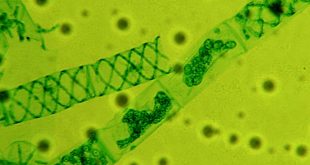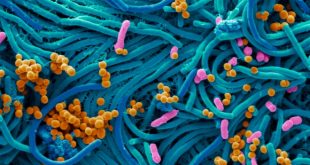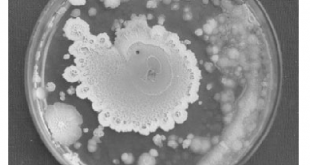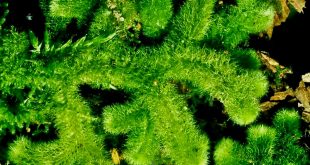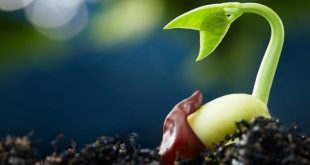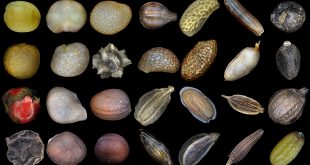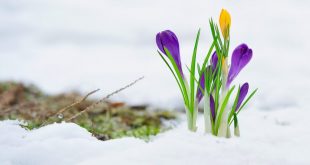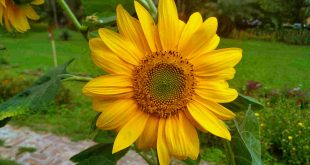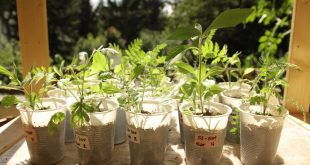Phycology, generally referred as algology, is the study of algae, a diverse group of mostly aquatic plants that range in size from microscopic forms to shrubs or trees. The word phycology comes from the Greek word phykos, which literally means “seaweed.” They are the major producers in the food chain …
Read More »Blog Layout
Microbiology: Notable Pioneers and Their Contributions
Microbiology is an eminent subfield of biology. This sub-sector is concerned with organisms (that can only be seen through a microscope and cannot be seen with the naked eye), specifically microorganisms, their characteristics, functions, classifications, and methods to exploit and control their activities for human benefit. Microbiology began to flourish …
Read More »Microbiology: An Introduction to Its Range of Scopes
Microbiology is a study that studies a biologically varied group of usually small life forms, primarily bacteria and viruses. More than simply bacterial species were included in the diversity of microorganisms by the end of the classical Golden Age of microbiology. Other fields, in addition to bacteriology and virology, were …
Read More »Bryophyta: Classification and Identification of Bryophytes
Living organisms are classified into five kingdoms by R.H. Whittaker. He classified living species based on cellular structure, manner of nourishment, body organization, reproduction, phylogenetic relationship, and other factors. Monera, Protista, Fungi, Plantae, and Animalia were the five kingdoms. According to the above-mentioned criteria, the plant kingdom has been divided …
Read More »Physiology of Seed Germination
All viable seeds which have overcome dormancy (if any) either naturally or artificially will readily germinate under suitable environmental conditions necessary for seed germination i.e., water, O2, temperature, and in some cases light. The seeds that just wait for suitable environmental conditions to germinate are said to be ‘quiescent’. In …
Read More »Seed Dormancy: Reasons, Breaking Methods and Advantages
There are several factors that influence seed germination such as temperature, moisture, and seed dormancy. Temperature and moisture levels are fairly easy to explain but what is seed dormancy? All the viable seeds have the capacity to germinate if placed under suitable conditions necessary for germination. In certain plants, such …
Read More »Vernalization: Cold treatment in plants
In the case of some plants, even though they receive proper photoperiod, they do not flower. It means that apart from photoperiodism plants also require something for their subsequent flowering. But what is that? Not all plants flower when subjected to the correct photoperiod. The temperature has a profound effect …
Read More »Introducing to Asteraceae family
If I say let’s become familiar with the Asteraceae family, probably it will not be so effective but if I say that let’s become familiar with the family of sunflower and dahlia flower it will be better to understand. As we do in the case of identifying a person’s family …
Read More »Mutation Breeding: Pros, Cons and Achievements of Bangladesh
Mutations are tools to study the nature and functions of genes, as well as to generate raw materials for genetic improvements of crop plants. Many crop varieties with better quantitative, qualitative, and economic value have been developed using it. Recognizing the relevance of this technique in a country’s agricultural development, …
Read More »Experimental Designs (Part-1): Principle and Concept
For any scientific studies, designing and evolving suitable methodology of an experiment in an institution or for an inquiry in the field, need very logical and systematic planning. The knowledge of how experiments come in use and in what way it is to be carried out is discussed below. …
Read More » Plantlet The Blogging Platform of Department of Botany, University of Dhaka
Plantlet The Blogging Platform of Department of Botany, University of Dhaka
